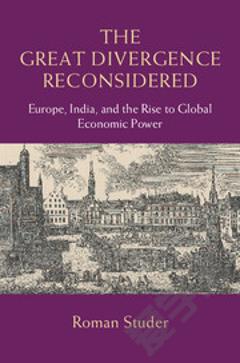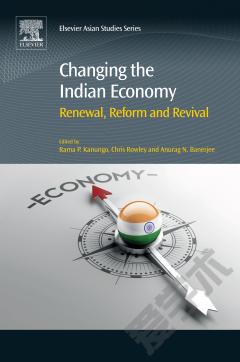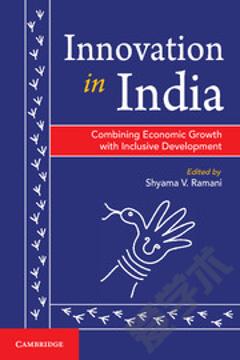The Great Divergence Reconsidered: Europe, India, and the Rise to Global Economic Power
In stark contrast to popular narratives, The Great Divergence Reconsidered shows that Europe's rise to an undisputed world economic leader was not the effect of the Industrial Revolution, and cannot be explained by coal or colonial exploitation. Using a wealth of new historical evidence stretching from the seventeenth to the twentieth century, Roman Studer shows that this 'Great Divergence' must be shifted back to the seventeenth century, if not earlier. Europe was characterized by a more powerful transportation system, bigger trade flows, larger and better integrated markets, higher productivity levels, and superior living standards even before the Industrial Revolution brought about far-reaching structural changes and made Europe's supremacy even more pronounced. While the comparison with Europe draws significantly on India, the central conclusions seem to hold for Asia - and indeed the rest of the world - more generally. An interplay of various factors best explains Europe's early and gradual rise, including better institutions, favorable geographical features, increasing political stability, and increasingly rapid advances in science and technology.
{{comment.content}}








 京公网安备 11010802027623号
京公网安备 11010802027623号